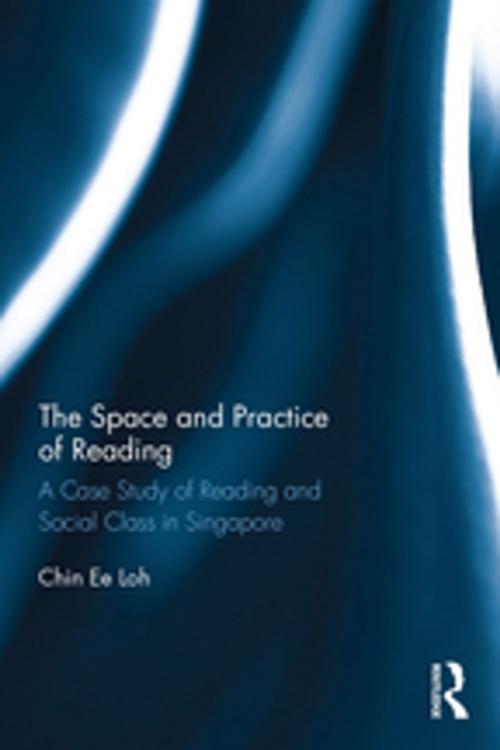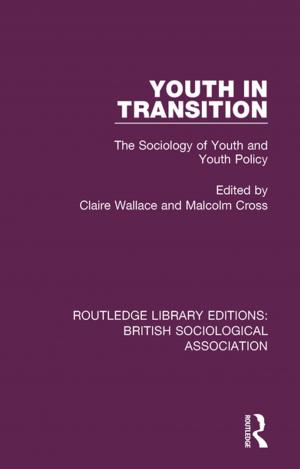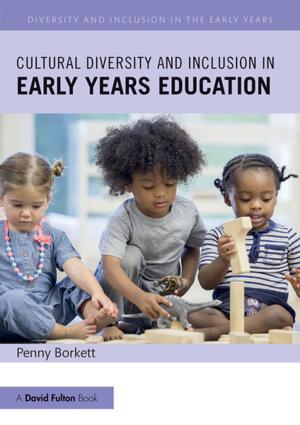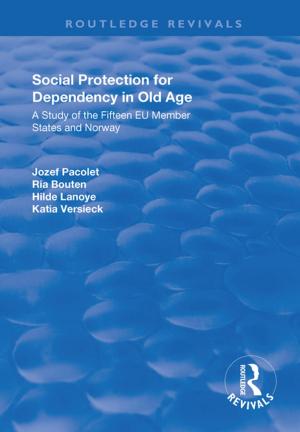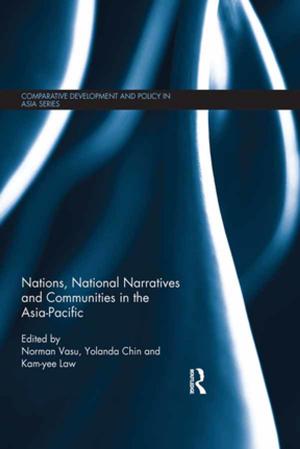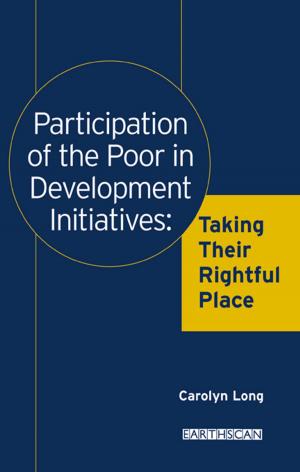The Space and Practice of Reading
A Case Study of Reading and Social Class in Singapore
Nonfiction, Reference & Language, Education & Teaching, Teaching, Language Experience Approach, Language Arts, Literacy| Author: | Chin Ee Loh | ISBN: | 9781317421184 |
| Publisher: | Taylor and Francis | Publication: | February 10, 2017 |
| Imprint: | Routledge | Language: | English |
| Author: | Chin Ee Loh |
| ISBN: | 9781317421184 |
| Publisher: | Taylor and Francis |
| Publication: | February 10, 2017 |
| Imprint: | Routledge |
| Language: | English |
Mirroring worldwide debates on social class, literacy rates, and social change, this study explores the intersection between reading and social class in Singapore, one of the top scorers on the Programme for International Assessment (PISA) tests, and questions the rhetoric of social change that does not take into account local spaces and practices. This comparative study of reading practices in an elite school and a government school in Singapore draws on practice and spatial perspectives to provide critical insight into how taken-for-granted practices and spaces of reading can be in fact unacknowledged spaces of inequity. Acknowledging the role of social class in shaping reading education is a start to reconfiguring current practices and spaces for more effective and equitable reading practices. This book shows how using localized, contextualized approaches sensitive to the home, school, national and global contexts can lead to more targeted policy and practice transformation in the area of reading instruction and intervention.
Chapters in the book include:
• Becoming a Reader: Home-School Connections
• Singaporean Boys Constructing Global Literate Selves: School-Nation Connections
• Levelling the Reading Gap: Socio-Spatial Perspectives
The book will be relevant to literacy scholars and educators, library science researchers and sociologists interested in the intersection of class and literacy practices in the 21st century.
Mirroring worldwide debates on social class, literacy rates, and social change, this study explores the intersection between reading and social class in Singapore, one of the top scorers on the Programme for International Assessment (PISA) tests, and questions the rhetoric of social change that does not take into account local spaces and practices. This comparative study of reading practices in an elite school and a government school in Singapore draws on practice and spatial perspectives to provide critical insight into how taken-for-granted practices and spaces of reading can be in fact unacknowledged spaces of inequity. Acknowledging the role of social class in shaping reading education is a start to reconfiguring current practices and spaces for more effective and equitable reading practices. This book shows how using localized, contextualized approaches sensitive to the home, school, national and global contexts can lead to more targeted policy and practice transformation in the area of reading instruction and intervention.
Chapters in the book include:
• Becoming a Reader: Home-School Connections
• Singaporean Boys Constructing Global Literate Selves: School-Nation Connections
• Levelling the Reading Gap: Socio-Spatial Perspectives
The book will be relevant to literacy scholars and educators, library science researchers and sociologists interested in the intersection of class and literacy practices in the 21st century.
